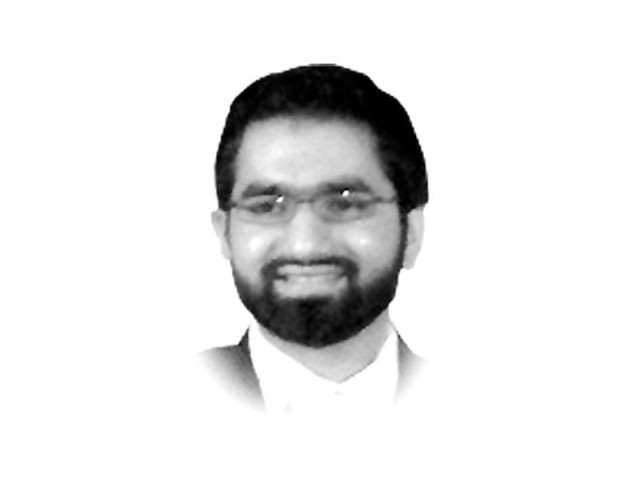Pulling out of clinical depression
'Attempting suicide wasn’t nearly the turning point I hoped it would be during my clinical depression'

The writer is the recipient of the James A Wechsler Award for International Reporting and a graduate of Columbia University’s Graduate School of Journalism. He tweets @Mbilallakhani
“In the beginning I refused to take medicine,” Ali shares. “I thought — even more than suicide, taking medicine was like accepting failure, like I had failed so badly at life, I would have to take medicine to keep me from feeling sad. Only losers take medicines, besides they have terrible long term side effects. One of my closest friends told me not to take medicine because you get addicted to it. Take only therapy, he warned. It was then that my body decided to give way. I could only sleep for 30 minutes a night for three weeks in a row. I lost nearly 30 pounds. My body crashed. I needed help. My ego and pride would have to wait.
“I went to see a psychiatrist and began to take medicines to treat three symptoms simultaneously: an anti-depressant, which would put a floor to my mood but take weeks to make an impact, an anti-anxiety medicine to help me in the short term until the anti-depressant kicked in and a pill to help me sleep at night. The reason I’m sharing these details is because I want to help others who stigmatise medicines the way I did. This resulted in a lot of unnecessary and painful suffering on my part, which could have been easily avoided by accepting that I had a problem. I’m now fully off the anti-anxiety and insomnia medicines in less than four months and will begin to taper off the anti-depressants shortly.
“The medicines worked as a crutch to stabilise me enough. Take me out of the danger of self-harm, and allowed me to work with a therapist to uncover the real root causes of my depression and how I could learn to live with or fix them. In my first therapy session, I was looking for a quick fix and was frustrated when I couldn’t get one. Over time, I learned that the biggest reason my therapy was ineffective initially was my dishonesty and impatience. In my head, I was living life in a web of lies and couldn’t tell my own lies from my truth. I told myself I would be honest, no matter how difficult it was, with my therapist because I was desperate to get out of my state of near constant yet unpredictable anxiety attacks. In the end, it was the therapy which taught me the tools to live with and overcome the root causes of my depression, even as I began weaving myself off the medicines which had stabilised me initially.
“Last but not the least, I went to an Imam and opened up in a way I wasn’t able to open up to my family or friends. I re-established my connection with God and re-discovered my purpose and zest for life. I now look at depression as one of the biggest blessings of my life because it helped me grow closer to God. While I wouldn’t wish depression even on my enemy, it helped me break the shackles of everyday fear and anxiety which had held me prisoner for most of my life and I didn’t even realise their impact till they became so extremely crippling. I started praying regularly, reading tafseer with a friend and left all my bad habits (thankfully depression robs of you of the energy to indulge in any habits, good or bad). I would like to state that one shouldn’t think of religion as a substitute for medicine or therapy, just like you would go to a doctor for a broken leg or a heart attack, and then pray in addition to the treatment, instead of avoiding treatment because of the taboo. Let’s erase the stigma around depression by talking about it openly with #NoMoreStigma.”
Published in The Express Tribune, January 11th, 2017.
Like Opinion & Editorial on Facebook, follow @ETOpEd on Twitter to receive all updates on all our daily pieces.













COMMENTS
Comments are moderated and generally will be posted if they are on-topic and not abusive.
For more information, please see our Comments FAQ